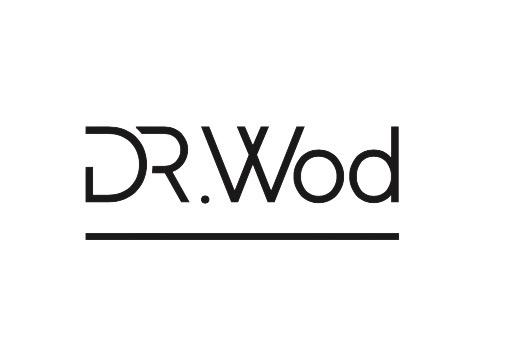
Why Vitamin C is essential for beautiful, glowing skin
Share
Vitamin C is a powerful antioxidant that has been shown to have a range of benefits for the skin. In this blog, we'll explore why you should consider incorporating vitamin C into your skincare routine and what it can do for you.
First of all, vitamin C is essential for the production of collagen, the protein that gives our skin its firmness and elasticity. As we age, our body's natural collagen production decreases, leading to fine lines, wrinkles, and sagging skin. By using a vitamin C serum or applying vitamin C topically, you can help boost your skin's natural collagen production, giving you a more youthful, radiant complexion.
In addition to its benefits for collagen production, vitamin C is also an antioxidant that can help protect the skin against damaging free radicals, such as UV rays, pollution, and stress. These free radicals can cause oxidative stress, which can lead to premature ageing, pigmentation, and uneven skin tone. Vitamin C can neutralise these free radicals and help prevent damage to the skin, leaving it looking brighter and smoother.
Another benefit of vitamin C is its ability to brighten the skin and even out skin tone. Vitamin C can help reduce the appearance of dark spots and hyperpigmentation, leaving you with a more even, luminous complexion. This makes it an excellent ingredient for those with dull or uneven skin.
Finally, vitamin C is also a natural anti-inflammatory, making it an excellent ingredient for those with sensitive skin or those who suffer from acne. By reducing inflammation and redness, vitamin C can help soothe the skin and improve its overall appearance.
At my Clinic, Dr Wod Cosmetic Clinic I always recommend incorporating vitamin C into your skincare routine for a wide range of benefits for your skin. From boosting collagen production and protecting against free radicals to brightening the skin and reducing inflammation, vitamin C is a versatile and powerful ingredient that can help you achieve a more radiant, youthful complexion. So, if you're looking to improve the health and appearance of your skin, consider giving vitamin C a try.
We have a wonderful Obagi Professional-C Serum - Vitamin C range in our clinic, you can read more about it HERE
We know you will just love the results it brings you.
Order online from anywhere in Australia, or visit out clinic at 43-45 Benalla Road
Shepparton, VIC 3630, Australia or contact us on 03 5846 8881.
